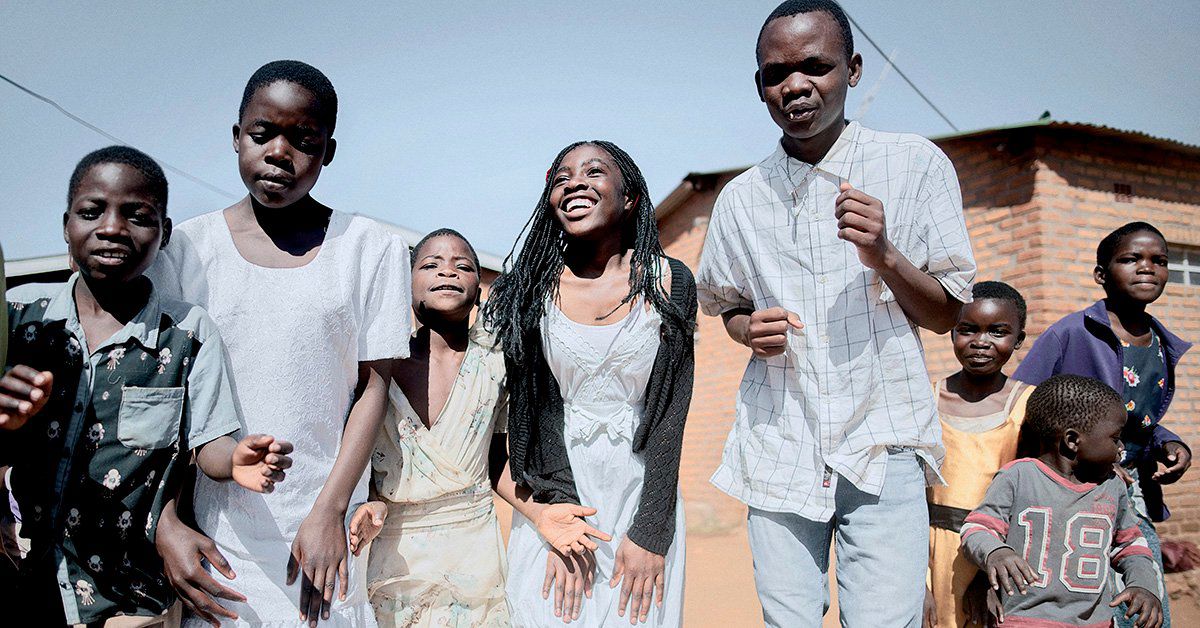RCEP trade deal could cut medicines lifeline for people in developing countries
As the sixteen countries negotiating Regional Comprehensive Economic Partnership (RCEP) trade agreement meet in Bangkok this week for another round of closed door negotiations, public health experts and the international medical humanitarian organization - Médecins Sans Frontières (MSF) warn that inclusion of any harmful intellectual property provisions in the agreement could have a severely negative impact on access to affordable generic medicines. The provisions proposed in this trade deal threaten to undermine access to price-lowering generic medicines and life-saving treatment for millions of people in the developing world.
Since 2012, the RCEP trade agreement has been under negotiation between the ten members of the Association of South East Asian Nations (ASEAN) and its trading partners - Australia, China, India, Japan, New Zealand and the Republic of Korea. Notably, the RCEP countries are home to nearly 50% of the global population, including some of the world’s most impoverished and marginalised communities.
“We urge the RCEP negotiating countries to think about the lives that hang in the balance if access to affordable generic medicines is shut down or blocked due to unjust trade measures,” said Leena Menghaney, Head-South Asia, MSF Access Campaign. “Millions of people around the world depend on access to affordable generic medicines from India to stay alive, and they can’t afford to have RCEP rules stand in the way of the treatment they need.”
Patent monopolies that prevent generic competition are already leading to dramatically high prices for new drugs to treat hepatitis C, tuberculosis and cancer globally, putting pressure on the health budget of even high- income countries. For example, the price charged by Gilead for the recommended 12 weeks of hepatitis C treatment with an oral drug sofosbuvir is about US$31,000 in Japan. In contrast, the generic formulation of this drug is available at approximately $87 per 12 weeks in India.
According to the leaked text of RCEP, Japan and the Republic of Korea are pushing for provisions that seek to push for extended patent monopolies and ‘data exclusivity,’ a form of market control via the regulatory system that prevents the marketing of generic formulations, even when a medicine is not patented or no longer patented. These proposed provisions go far beyond World Trade Organisation’s rules and will delay price-lowering generic competition for longer periods of time.
“RCEP trade deal is attempting to offer pharmaceutical corporations a blank cheque for abuse,” said Chalermsak Kittitrakul, Program Manager, AIDS Access Foundation. “Japan and South Korea must stop pushing for any measures that could result in monopolistic high prices and impede the ability of the governments to meet their health obligations.”
Ever-increasing pressure on India to agree to harmful intellectual property provisions in this trade agreement is particularly concerning, as competition from generic medicine manufacturers from the country have been instrumental in bringing the price of life-saving first-line HIV medicines down by 99% since 2001.Any negative impact on India’s capacity to produce affordable generics will be felt in the world’s poorest countries.


